Academic Curriculum
The Academic Vision: Cheshire Academy students grow increasingly capable of independently observing, questioning, explaining, interpreting, and analyzing the world. Our academic process begins with what students know and want to know, and develops active learners who reflect on their growth and the implications of their learning.







